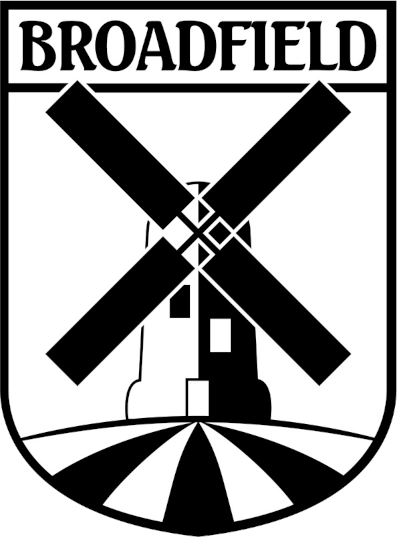Reading
“Reading for pleasure is more important for children’s cognitive development than their parents’ level of education and is a more powerful factor in life achievement than socio-economic background”
(Sullivan & Brown, 2013)
“The more you read, the more things you will know. the more you learn, the more places you will go”
(Dr Seuss)
At Broadfield Academy, we see reading as an integral part of the school curriculum that impacts on all learning. We value the importance of being a confident reader and work hard to develop children’s reading skills. We try to encourage a love for reading by integrating reading into cross-curricular topics.
Reading is taught in a variety of ways:
- One-to-one reading with an adult
- Shared reading
- Guided reading
- Independent reading
The children are encouraged to decode words and read fluently and with expression.
During Reading lessons, children are encouraged to discuss, pose questions, analyse texts, give reasons and develop their vocabulary. The children are encouraged to use phonics for blending as the main strategy for decoding unknown words.
In each classroom, there is a book corner, which contains books of interest to the children and the topics they are studying. There is a school library, which contains a wide variety of fiction and non-fiction books. Our aim is that the children should be able to read these books with at least 95% accuracy. This means children can enjoy reading without frustration and read with pleasure!
Independent Reading Books
Our main reading scheme is Bug Club. We supplement this with Oxford Reading Tree, Rigby Star and Song Birds. All of these books are banded according to ability levels. Children change their independent reading books regularly and these are carefully matched to their ability. Teachers carefully monitor the changing of books to ensure they are on track and can enjoy their book independently.
Reading Record App
At Broadfield Academy, we use Go Read to record and track our students’ reading. This website and application is used in place of traditional paper reading records and allows our children, parents and staff to easily record when they have read in a fun, easy and engaging way. Go Read also allows us to easily track the reading levels and progress of our children as they move through the school.
Early Reading
At Broadfield Academy, is is our mission to ensure Reading is at the centre of learning at home and at school. We are determined that every child will be given the best possible opportunity to learn to read, regardless of their background, needs or abilities. We begin this journey in Early Years and introduce our pupils to a wide range of stories, poems, rhymes and non-fiction texts. In Early Years, we begin the sequential learning of Reading which follow children through to Year 6 and beyond, preparing them for their future school career and life.
Becoming a Fluent Reader in Early Years
At Broadfield Academy, systematic synthetic Phonics is taught throughout Reception, Year 1 and Year 2. We use the DfE accredited scheme Twinkl Phonics. We use a multisenory approach to reinforce sound and letter recognition and to develop and apply reading skills including rapid recall of sounds and common exception words.
The Environment
The indoor and outdoor provision caters for all areas of learning and within these. Reading is promoted. Opportunities for Phonics and Reading development are readily available, e.g. topic books linked to the activity, sensory writing, literacy resources and engaging and interactive displays. Each classroom is rich with texts to promote a genuine interest in Reading.
Phonics
Twinkl Phonics is a DfE-validated, fully comprehensive, systematic synthetic phonics teaching programme. It’s our main resource for teaching phonics from Nursery up to Year 2.
There are four key elements that children need to master in order to read and write fluently:
- Rapid recall of grapheme-phoneme correspondences (GPCs)
- Rapid recall of tricky/common exception words
- Efficient blending skills
- Efficient segmenting skills
The four skills represent the cornerstones of phonics and are practised daily to ensure children make the expected progress.
The structure of every phonics lesson follows this five-part pattern to ensure that the four cornerstones of phonics are covered:

Recommended Reading Books
The following book lists are provided to parents as a guide to the range of books we recommend children should read in each year group. Please see below for a list of recommended reading books.









